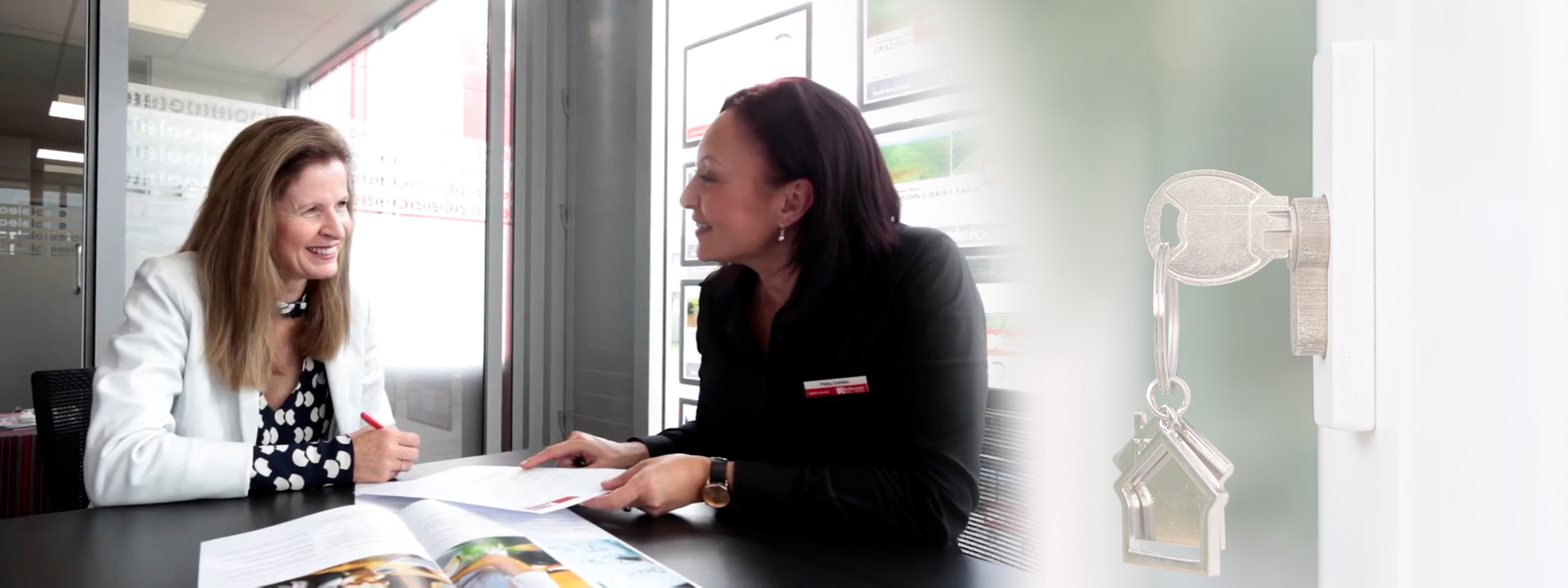Renovating your rental while you have tenants
Renovating an investment property can make your property more appealing for tenants, but might also be essential to meet Healthy Homes standards. However, if you’re planning on remodelling or upgrading your rental property when tenanted, you may find that your tenant may need to move out.
Before deciding to continue with your planned renovations, it pays to consider the factors involved based on your situation. If you own a tenanted rental property and you’re thinking about making minor or major repairs, this article will help you understand that it may be easier said than done!
Healthy Homes
Some landlords are finding that renovations and updates to their property are necessary due to changes in the law. In 2019 the Healthy Homes standards were passed to help reduce poor living conditions for tenants and ensure rental properties meet a minimum suitable requirement. The government’s reasoning for this was to help reduce the rising number of rental properties of a poor standard, leading to preventable illnesses.
Many of the Healthy Homes Standard requirements mean that tenants can still occupy their property during the maintenance work required. Adding additional heating and insulation might not disrupt a tenant’s living area enough for them to need to move out. However, this is determined on a case by case basis and we suggest reading ‘The Healthy Homes standards explained and why it is needed’ for more information on the healthy homes standards. Or you can find out more about the requirements and whether you meet them by taking our Healthy Homes Quiz.
Currently, a rental property must be Healthy Home compliant 90 days after a new tenant has moved into the property (from the 1st of July 2021). Landlords can access the house to do work to comply or prepare to comply with the Healthy Homes standards, as long as they give 24 hours notice to the tenants before entering.
Minor Updates
Minor repairs mean anything that does not affect the living conditions of the tenant. They still have running water, a place to wash and bath, and a place to cook. It’s important to remember that the landlord is obligated to protect the tenant’s privacy and their right to quiet enjoyment of their home while any work is being carried out.
Major renovations
If you’re looking to renovate to add value or need to remodel to bring the property up to a liveable/desirable standard, then making large scale renovations can pay dividends. Choosing the right renovations will not only increase the property’s value but also the rent.
Kitchen and bathroom remodelling can offer the most significant return on investment, especially if you’re looking to sell in the future. However, these types of projects can make the home inhabitable as it will involve shutting off the house’s water supply and may leave the tenants without vital facilities for weeks at a time. As a landlord, it is a legal requirement to provide your tenant with running water. If the water needs to be shut off for a significant period of time during the renovation process, and the landlord would like to keep the existing tenants, then the landlord would be expected to provide their tenant with an alternative place to stay until the work has been completed.
Alternatively, if it would be impractical for the tenant to stay due to the renovation being extensive, resulting in a tenant being without necessary facilities and their health and safety being compromised during the renovation as the areas of renovation become work sites, then the landlord can give notice to a tenant if they want to renovate. They don’t have to provide alternative accommodation in this case but a landlord will need to supply the tenant with proof that they are looking to renovate the property; from then, they can be issued with their 90 days notice to end the tenancy.
‘The landlord intends to carry out extensive alterations or redevelopment at the property and it would be unpractical for the tenant to live there during that process. The landlord must intend to take material steps towards beginning renovations with 90 days of the tenancy terminating.’ - Ministry of Housing and Urban Development (page 7)
These are the current housing improvement regulations that are overseen by councils. All rental properties must have the following:
- A weatherproof exterior.
- Lined walls and flooring.
- A kitchen or kitchenette with a sink and tap connected to useable water.
- A bathroom with a bath or shower and running hot water and a toilet - these must be connected to an adequate waste system (eg: a sewerage or septic tank).
- Artificial lights and windows (or other ways of letting in light and ventilation) in every room.
- Gutters and drains on buildings and appropriate drainage to remove storm, surface and groundwater.
- If more than two people live at the property it also has to have facilities for washing clothes.
Whether the tenant remains in the property during the renovations or moves out for a temporary time such an agreement should be in writing and clearly describe the terms and conditions of what has been agreed to.
If you have a rental property within the Taranaki region and you’re unsure about your options or would like to discuss your situation with someone with a little more experience, then feel free to reach out to our property management team. We manage rental properties and work with our landlords to help them get the most of their investment.
Upgrading a rental property’s kitchen and or bathroom might be necessary as part of the Healthy Homes guidelines or might simply be a great way for you to attract a higher rental return. Either way, due consideration must be made to the existing tenants and the management of their tenancy..
Contacting a member of our team is a great first step if you’re considering an internal upgrade of your rental property. We can advise on many of the common pitfalls and legal requirements. Contact a member of the team by clicking the button below.






